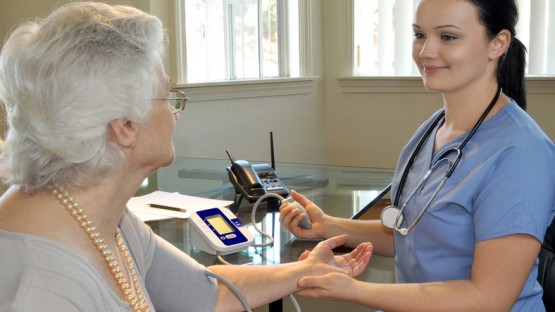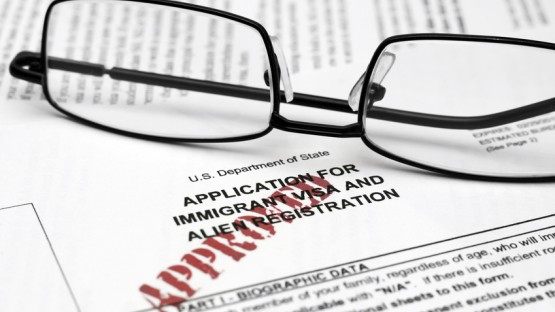
Tips for expat women
How to Deal with Safety Issues

"Stranger Danger"?
A further issue complicating the standard safety tips for expat women is that they mainly apply to mugging, robberies, and sexual assault by strangers. Depending on where exactly you live, the latter may be less prevalent, statistically speaking, than "acquaintance rape" or domestic violence.
For example, in some areas, cities, or neighborhoods, it can indeed be extremely unsafe for a woman to walk alone at night. There the number of violent crimes, including rape by strangers or even murder, is rather high.
In other locations, an analysis of rape statistics might reveal that it’s more likely for a neighbor, co-worker, casual acquaintance, or date to sexually assault a woman – people she knows and finds trustworthy. If this happens, the woman can be more reluctant to report the crime, considering that expat circles are often tight-knit groups where people like to gossip.
Reporting Sexual Assault Abroad
The close ties between members of the local expat community can make the situation of many women working in foreign countries (without their familiar support network) even more stressful. This, of course, also depends on the local mores and attitudes towards sexual assault, as well as the resources available to crime victims. They might be afraid of not being taken seriously or of being held responsible for what happened to them.
Local authorities may not be able or willing to provide trained healthcare staff and counselors for med exams and police interviews. Therefore, an expat woman who is sexually assaulted in a foreign country has to make several difficult decisions: Does she report the crime to the local police? Does she ask the embassy for help? Does she go and see a doctor?
In most cases, the answer to the third question should be yes. Getting treatment for your injuries, being checked for STDs (sexually transmitted diseases), and receiving emergency contraception is important for your physical and mental well-being.
If you do decide to report a sexual crime, then it also makes sense to turn to your embassy first. They can recommend you a good lawyer, provide you with an interpreter, and send a supportive person to the police station with you.
Domestic Violence
Cases of marital breakdown where an expat woman is at the receiving end of domestic violence happen on occasion. In such a scenario, she is in “double jeopardy”. Statistically speaking, she is likely to be a traveling spouse with fewer financial resources of her own.
She might have the additional responsibility of looking after the children, and she is far from her family and friends back home, cut off from her support network. Moreover, since the expat way of life is usually an exciting experience that brings the local expat crowd together, domestic violence and spousal abuse can be the “dirty little secret” within an expat community.
All this makes leaving in secret rather difficult, and considering that, according to crime figures in several countries, abuse often gets worse when a partner threatens or tries to leave, the situation is rather difficult indeed. Therefore, it’s important to be aware of resources like a confidential support hotline for the expat community and of local emergency helplines for people in domestic crises.
A Way Out of Domestic Abuse
Your embassy might be able to give advice on leaving the country, taking the children, getting financial support from home, and addressing visa/passport concerns. However, this is not always a given.
Having access to one’s own mobile phone and regularly deleting the calls made or received help to ask for advice in real confidence. Visiting an Internet café is also more secure than researching resources, legal matters, and “escape routes” on the family PC.
Further Resources:
- The Americans Overseas Domestic Violence Crisis Center
- International Directory of Domestic Violence Services
- General information on domestic violence and safety plans





















